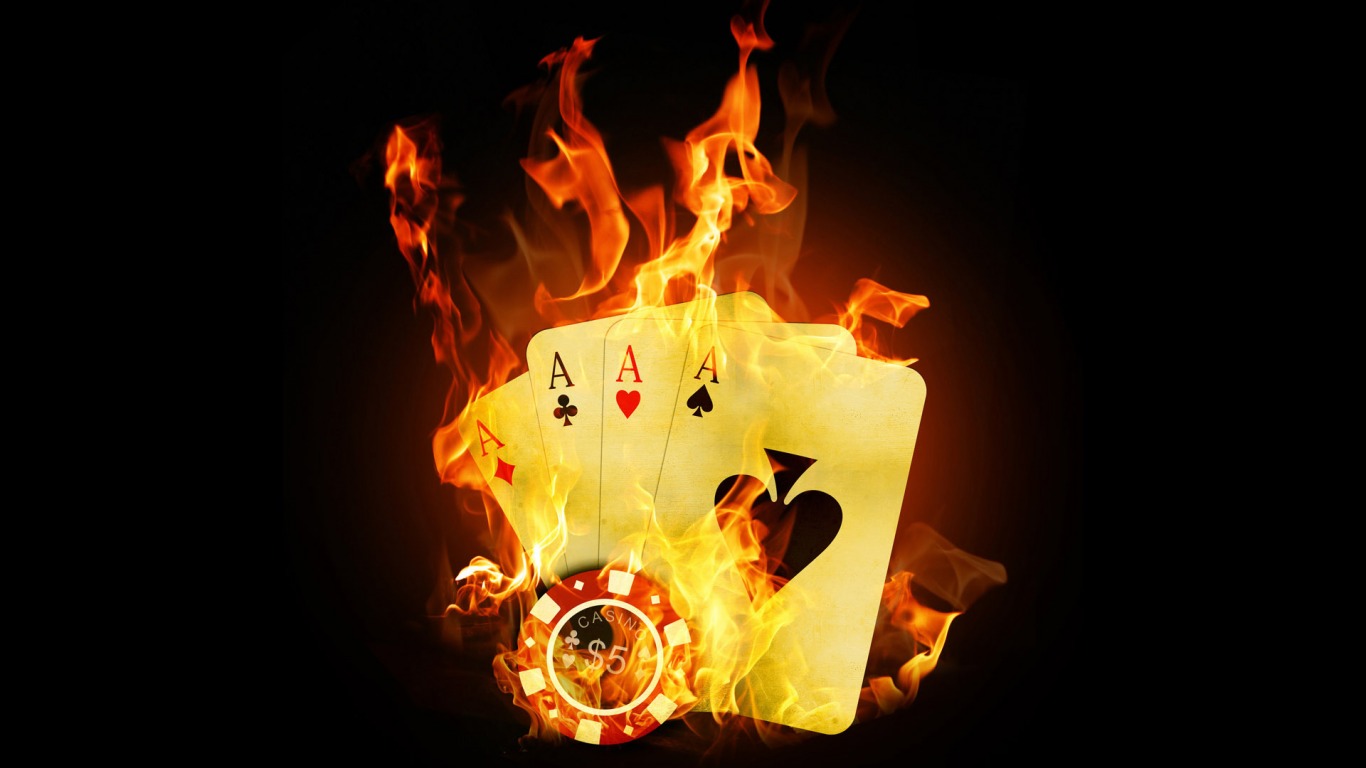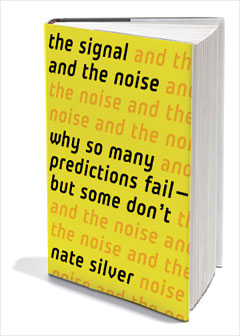
This article will review the bluff, timing and psychology. We will begin with basic psychology tricks and we will try to give you the most information possible from our past experience giving you background information and teaching how to use this psychology. Of course, we will never be able to play your cards, but we will try to give you the necessary elements so that you can make the right decisions. I hope that these few generalizations will be able to help you in your daily poker.
What we are talking about now is the first instance where a player makes a game. For example, the first time that he 4 - bet. For us, our first 4 - bet should always be a bluff and the reason for it is that you will always have great respect the first time you a 4 - bet. Obviously, I know a few players of high stakes never give respect to the first 4 - bet and who prefer to take notes when they are wrong. For my part, I tend to give respect to the player who will make his first 4 - bet and I'm waiting to see whether or not it will remake this game often.
When you play poker against new players, at the beginning, everything is a matter of "guess" and if you're a good player, you should let the other players prove you that they are bluffeurs for example before you assume, take note of the information and adapt to trends. Everything is a question about whether or not you are a good player and if you can whether you adjust quickly. If you are a good player capable of adjust you quickly, you should never take for granted that a player can you light 3-barreller and take notes if you ever see that he is capable.
In short, play way ABC, take notes, and adjust.
For example, when you are new to a limit, some players will assume that you are easily intimidables because you're "scared money" and that they can bluff you more easily; You must be aware of.
Another important consideration; You should always have the picture of the guy who may not have given any particular hand at a time. You raise and your opponent says: "Cannot have this hand at this time." You always have to be this guy. I already played against a guy who always gave me the impression of me 3-light better and every time that I 3 - bettais with AQ, he had AK. You must be this guy also.
You should never make a bad call by saying: "If his bluffing frequency is so high that I believe or that mine would be in this situation, my call will be good." The reason for which we make money and the reason for which we have a psychological advantage is that other players make mistakes and do not swing their game. You shouldn't tell you: "I will make this call because I know that my opponent is good enough here to bluff."
Ideally for your opponents, they should be perfectly balanced so you always have difficulty whether the best game is caller, folder and restart. They should be sufficiently balanced to make possible the most difficult life. It is exactly in this way that made money, putting opponents in difficult situations.
More you play at high levels, less your decisions will be of importance, even though it may sound bizarre. I give you an example. For example, if you decide to play the $ 300 / $ 600 against Patrik Antonius because you find it so sexy and Patrik is the player the better balanced world in his poker - I do not say that it is true, I do give an example - then you cannot send me a hand history asking me my opinion on its rate of bluff on the flop with A high, because if it is the best player swung the world, that you calliez or you foldiez on the flop, in the long term, your decision will break even because he bluff as much as it does bluff not.
The most important thing is not necessarily the decision you will take in a clear hand, but how you will fit to the way your opponents adapt to you. If you try to bluff more and that your opponent call more light, you will want to do more value bet and you should folder more hands.
Imagine: God comes to you and tells you that this bluff you do from time to time, has a neutral EV in the long term, then you should do so without hesitation. Even if this bluff has a neutral value in the long term, the fact that this bluff will affect your image and you will give the air more LAG you're actually and the fact that this bluff will influence the meta game is excellent.
On the other hand, if you already have the image of a player who was never nothing, you shouldn't do this bluff. You should show your big hands more often for more credibility on your upcoming bluff.
Before you publish the second part of this article and to make you think, I ask you the following question:
You have just returned from 3-barreler a player and there you calle on all relatively light streets. Will you be more likely or less likely to 3-barreler with air?
Discuss this article on the PokerCollectif forums:Some psychology in poker - part notes!




